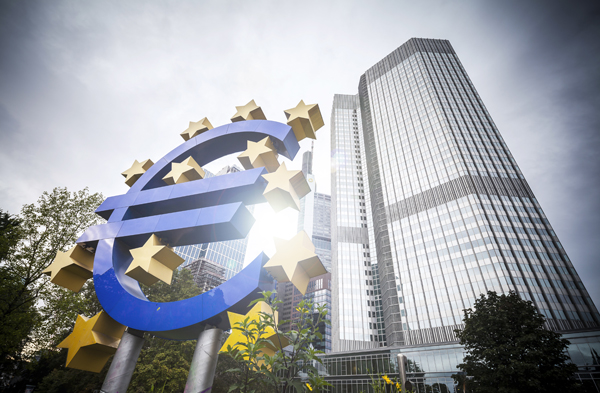In today’s „Speech on the state of the European Union“, Jean-Claude Juncker called for a strengthening of the international role of the euro and announced proposals of the EU Commission in this respect. He also confirmed his plans for an EU digital tax.
MEP Sven Giegold, financial and economic policy spokesperson of the Greens/EFA group commented:
“Juncker’s plea to strengthen the Euro is a challenge for the US. Strengthening the Euro in the world is a right priority for the EU in order to fortify its own sovereignty. It is absurd that commercial transactions of European companies are conducted in dollars. In order for the Euro to realise its international potential, we must still make fundamental progress in economic and monetary policy. The widespread reluctance to save the small Greece has shown that there is still a long way to go for the Euro to become a world trade currency. For a strong Euro, Europe needs a change of mentality: the central bank of a world currency is not oriented solely towards its own members, but must provide massive liquidity in crises also internationally. An internationally strong euro requires a credible and effective common economic and financial policy. The reform of the Eurozone must finally be tackled in a determined manner. Only an internally stable eurozone based on solidarity and solidity can be strong on the outside.
With the digital tax, Juncker has set an important priority for the rest of his term of office. The German Federal Government must finally support the digital tax. Olaf Scholz walks on eggshells when it comes to the digital tax. By not positioning itself regarding the digital tax, the German Federal Government is putting the brakes on Europe as a whole. Germany would do Europe a serious disservice if it obstructed an agreement on the digital tax before the European elections. Europe is strong when it benefits people. The introduction of the digital tax would be an important proof of Europe’s performance before the European elections.”

